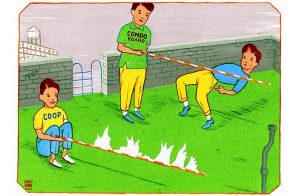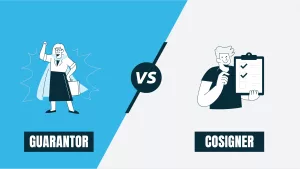Verbal offers on a house are rare in New York City real estate for several reasons. Firstly, there is usually a strong demand from qualified buyers, regardless of market conditions. Good listings tend to sell quickly, resulting in a fast-paced sales process. This competition encourages home buyers to submit written offers.

Consider this scenario. If two offers present the same terms, but one includes proof of funds, a pre-approval letter, and the seller’s attorney’s contact information, which offer do you think the seller is more likely to accept?
The most successful buyer’s agents excel at submitting well-organized and professionally presented offers.
Buyers are motivated to submit written offers to gain an advantage. Sellers in NYC have grown accustomed to receiving fully documented offers. As a result, verbal offers are nearly always dismissed outright by sellers.


